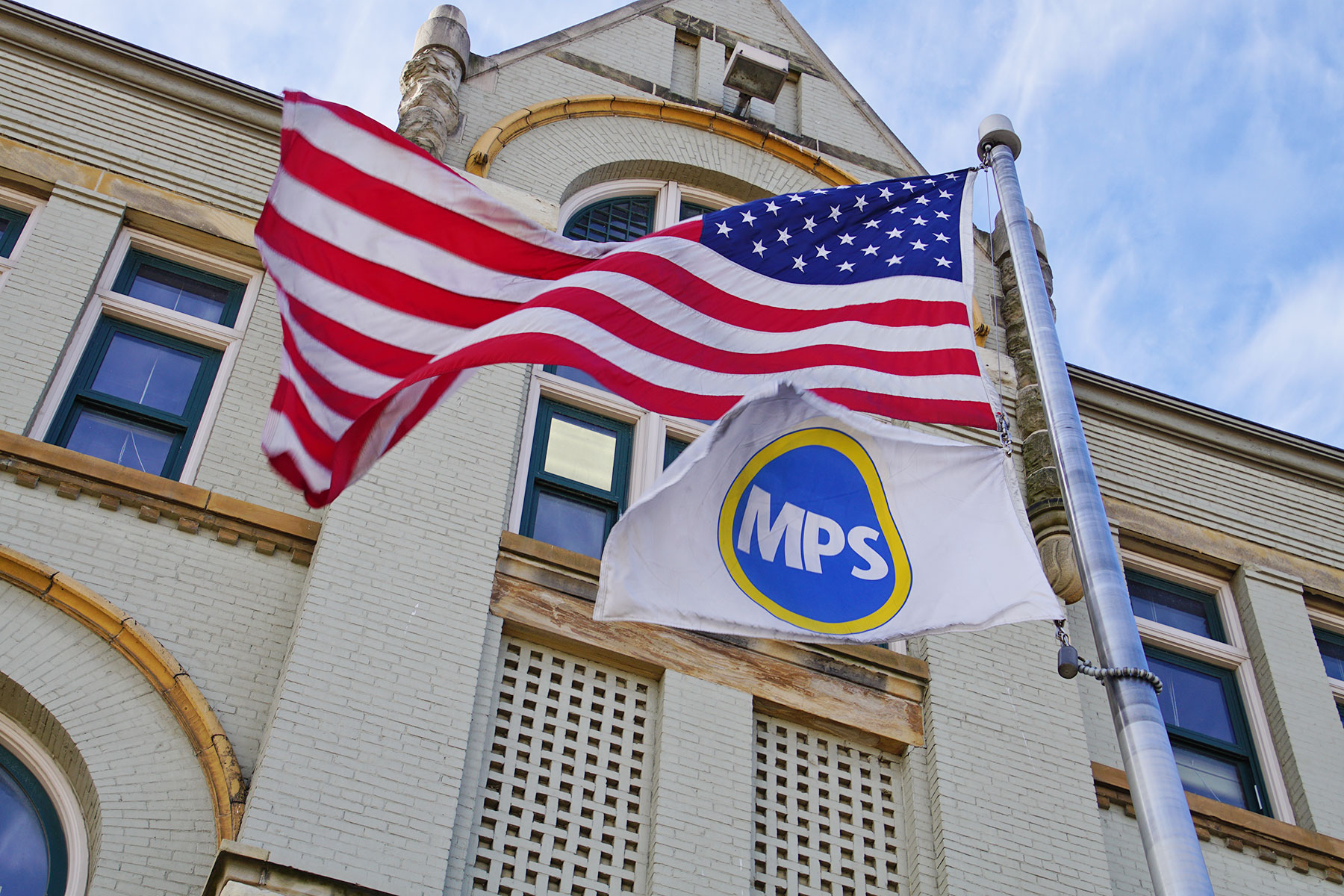
According to a new analysis by the nonpartisan, independent Wisconsin Policy Forum longstanding structural budget problems have intensified for the Milwaukee Public Schools.
WPF’s annual MPS budget review adds that while last-minute budget adjustments may stave off painful cuts to schools in 2019, the fiscal pressures driving those cuts still must be addressed.
As initially proposed, the district’s 2019 budget would have made major cuts to instruction by eliminating 147 positions, including 80 teachers, to fill a projected $30 million “hole” next year. But new changes offered by the district’s interim superintendent this week appear to restore sufficient funding to offset the need for major classroom reductions.
“These budget adjustments may avert a budget crisis for one more year, but it is critical to recognize that MPS’ serious long-term structural challenges remain,” said WPF President Rob Henken. He added that given the last-minute nature of the administration’s proposed changes, Forum researchers have not been able to thoroughly analyze all of the long-term consequences.
The district’s 2019 budget difficulties are rooted in two factors: declining revenues and rising personnel costs. While the district will receive $15.6 million more in state per-pupil aid next year, that increase is more than offset by a $20.5 million reduction in other state aids and allowable property tax growth. Overall, revenues in the proposed budget are down $10.9 million from 2018.
On the spending side, the district’s main cost pressures come from salaries and benefits, which originally were projected to rise by a total of $24 million, due largely to projected increases in health care costs and 2.13% cost-of-living raises.
The Forum has warned of an impending fiscal crisis for the district for years. While the district was able to take advantage of short-term savings in 2016 and 2017, the long-term trends of declining revenues and rising employee and retiree costs have not changed, the report notes.
“The difficulty associated with the 2019 budget is heightened by the fact that relatively painless cuts to school budgets already occurred this year, leaving little room for reductions in the coming year,” the report says. “Furthermore, a health care surplus and budget maneuvers that already helped ameliorate budget pressures prior to 2018 – and that even created opportunity for investment in new initiatives – have been exhausted.”
Whatever the outcome of the 2019 budget deliberations may be, the Forum notes two alarming conclusions based on the district’s current financial challenges:
- First, that, MPS “has lost any financial capacity – both in the 2019 budget and for the foreseeable future – to make and sustain any new strategic investments to boost enrollment and enhance academic achievement.”
- Second, that “without a bold and strategic plan to ‘right size’ its operations and address its structural budget woes,” and without additional state or federal revenues, “continued erosion in school spending and MPS’ teacher workforce remains inevitable.”
The report concludes that MPS “cannot continue to lean on one-time devices to address short-term budget gaps. While several newly proposed strategies may minimize the pain for school budgets in 2019, the district needs to develop options to generate long-term savings by restructuring operations and facilities in ways that would least damage classrooms.”
Wisconsin Policy Forum
Lee Matz














